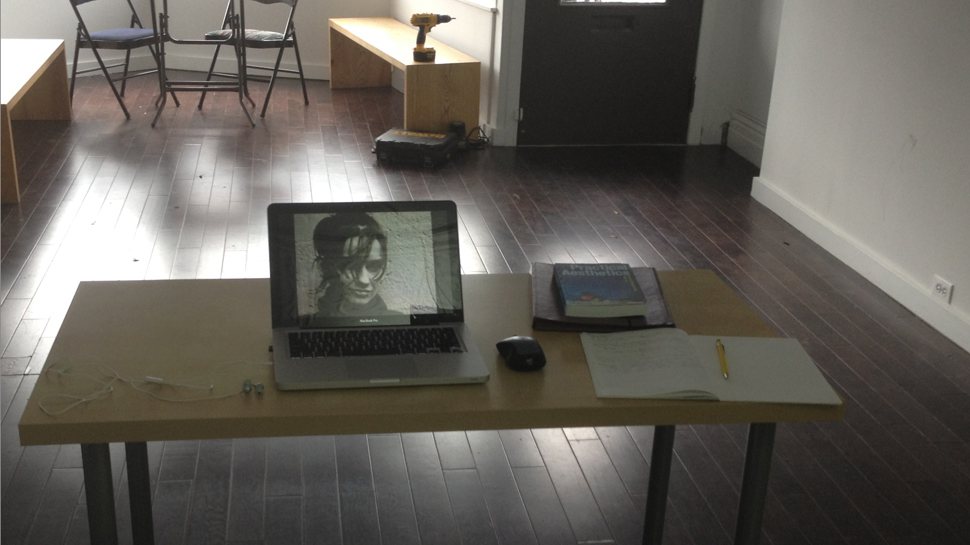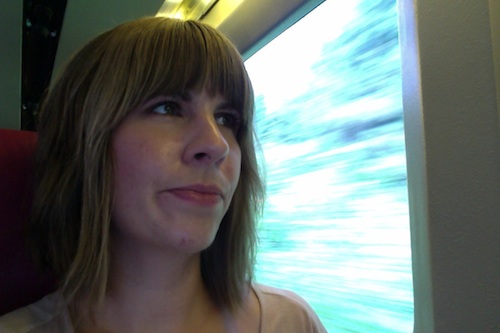Blog Post #1- Introduction
Over the next year, I’ll be working closely with Kim Simon on a series of discursive programs that examines the aesthetic strategies employed by artists and photographers to prepare viewers for an encounter with difficult knowledge. Titled “Coming to Encounter,” this curatorial residency emerges out of several years’ worth of conversations about photography and difficult knowledge that have taken place in and around Gallery TPW, and proposes an experimental approach to finding contexts and frameworks where this discussion can be elaborated and tested in public.
As part of the 2012/13 TPW R&D project, “Coming to Encounter” proposes that the framing devices used by artists to present traumatic events—especially those that trouble an easy viewing experience—serve an important pedagogical function. Photo-based practices provide forceful viewing experiences because they seem to offer the viewer a direct encounter with others. Yet our readings of photographs are highly contingent and change depending on the context in which we view an image, at times prompting feelings of empathy and identification, at others discomfort and rage. Positing discursive events as another set of framing devices, “Coming to Encounter” questions how we make sense of our affective responses to images, suggesting this knowledge is always latent and necessarily incomplete.
Inspired by pedagogy theorist Deborah Britzman’s writing about difficult knowledge—the concept that learning from representations of social trauma is a psychically difficult task because it forces us to question our sense of self—“Coming to Encounter” looks at works by a variety of contemporary artists, documentarians and photojournalists to initiate dialogue about what it means to be affected by our encounters with images. Comprised of a panel discussion about unshowable images, an online archive of interviews with photographers and artists, discussion groups and publications, “Coming to Encounter” aims to prolong the viewer’s encounter with images, experimenting with different modes of presentation and extended temporalities for interpretation. For this reason, the series takes place in the discursive spaces around the traditional gallery exhibition, emphasizing the diverse contexts in which the photographic encounter occurs.
As the project progresses, I’ll be working and experimenting in the Gallery TPW R&D space, inviting people to stop by, chat, and think out loud with me. It is rare to be given the opportunity to spend such a sustained amount of time on the conceptualizing of a new project, and to be given the opportunity to test ideas with publics over a longer time period. Gallery TPW R&D offers me the unique opportunity to shorten the feedback loop between the curatorial proposition and viewers’ responses, and will allow me to concentrate on discursive programming as a distinct mode of curatorial work, rather than as a series of activities meant to supplement the “main event” of the traditional gallery exhibition.










